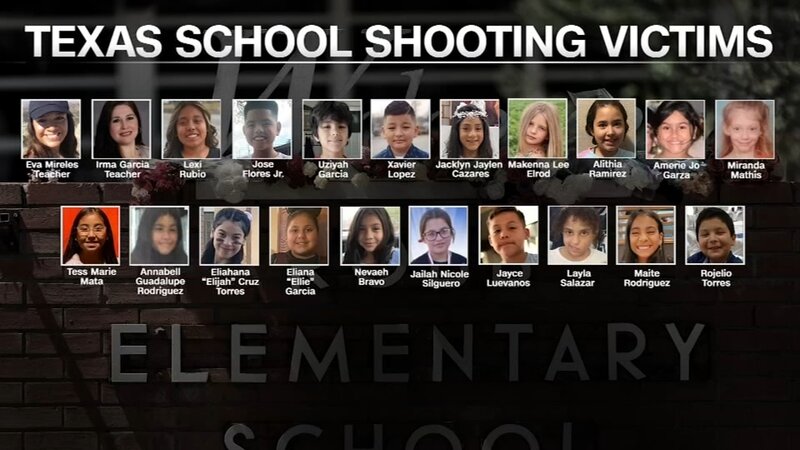America’s unending gun violence

A pervasive gun culture, deeply rooted in some parts of the United States and reinforced by culture wars and problematic gun safety measures touted by Republican Representatives and Senators, has manifested yet another horrific mass killing.
The recent tragedy has cast a dark shadow over US rural and urban communities one more time as a young gunman (Salvador Rolando Ramos, 18) unleashed a rampage on an elementary school in Uvalde, Texas, killing 19 children and 2 teachers. The obscene and unspeakable tragedy has again taken a backseat to the interest of a particularistic interpretation of the Second Amendment of the US Constitution, (a well-regulated Militia, being necessary to the security of a free State, the right of the people to keep and bear Arms, shall not be infringed). Treating the Second Amendment as sacrosanct and sacred, and above any rational and reasonable interpretation, has rent asunder the social fabric of American society.
Aside from police incompetence, the story of confusion and chaos resulting from such incidents—as in the other previous episodes—will be short-lived in the memory of some gun-enthusiast politicians, who are influenced by money and politics. The Gun Violence Archive, an independent data collection organization, has counted 212 mass shootings in the United States thus far in 2022. The recent shooting at an elementary school in Uvalde, Texas, marked the 27th school shooting this year in the United States. The bipartisan gun reform push in the US Congress has failed and continues to fail to counteract the influence of the National Rifle Association (NRA) lobby as so many Republicans and some few Democrats remain beholden to this powerful lobby. Many of these lawmakers and politicians could care less about American children, as they are extremely preoccupied with power and money to maintain their positions. They seem even less likely to ban assault weapons in the interest of safeguarding children and ordinary people.
Foreign policy-makers’ obsession with foreign roots of terrorism and violence have blinded them to domestic terrorism and its causes.
Several nagging questions remain: Why can’t any meaningful gun control measures be established in the US Congress? Why have the United States experienced so many mass shootings? Why are guns so easily accessible in the United States? And the ultimate agonizing question is: Why does the NRA and its strong lobby maintain such a monopolistic hold over the Republican Party (GOP)? The fear of living in a gun culture so rampant in the American society has made living without guns a nightmare for some. For many, however, the deepening of hate and division has torn the social fabric of American society so much so that no consensus can be reached on a simple proposition of placing a background check on gun owning. “The only variable that can explain the high rate of mass shootings in America,” according to one source, “is its astronomical number of guns.” (Max Fisher and Josh Keller, The New York Times, November 7, 2017).
The same study concludes that the main reason why American regulation of gun ownership remains so weak is because of the trade-offs between the right to possess guns and its costly consequences. After Great Britain had a mass shooting in 1987, the country installed stringent gun control laws. Similarly, Australian lawmakers chose to follow suit after a 1996 shooting. The US lawmakers, by contrast, have decided that relatively unregulated gun ownership should take precedence over its possible social cost. There is currently a bill before the US Senate that requires bipartisan support. Yet there is no political will to stop reaping profits over the death of innocent American citizens.
The young men who wreaked havoc at the Sandy Hook Massacre (2012) and now at Robb Elementary School, may or may not have been mentally deranged, but clearly their easy access to guns has rendered such tragedies possible. Some commentators, long before recent events, have reminded us that gun violence must be treated as a national security emergency, upon which the future peace and prosperity of Americans depends. Finding meaningful solutions to these tragic events is imperative (John R. Allen, Brookings, August 25, 2019). US foreign policy-makers’ obsession with foreign roots of terrorism and violence have blinded them to domestic terrorism and its causes. It is high time to turn to curbing internal sources of violence before it spins totally out of control. It is vital then to take a hard look at the accessibility of assault weapons, while establishing more accountability and sustainable gun control regulations.
Mahmood Monshipouri, PhD, teaching international relations at San Francisco State University.
Leave a Comment